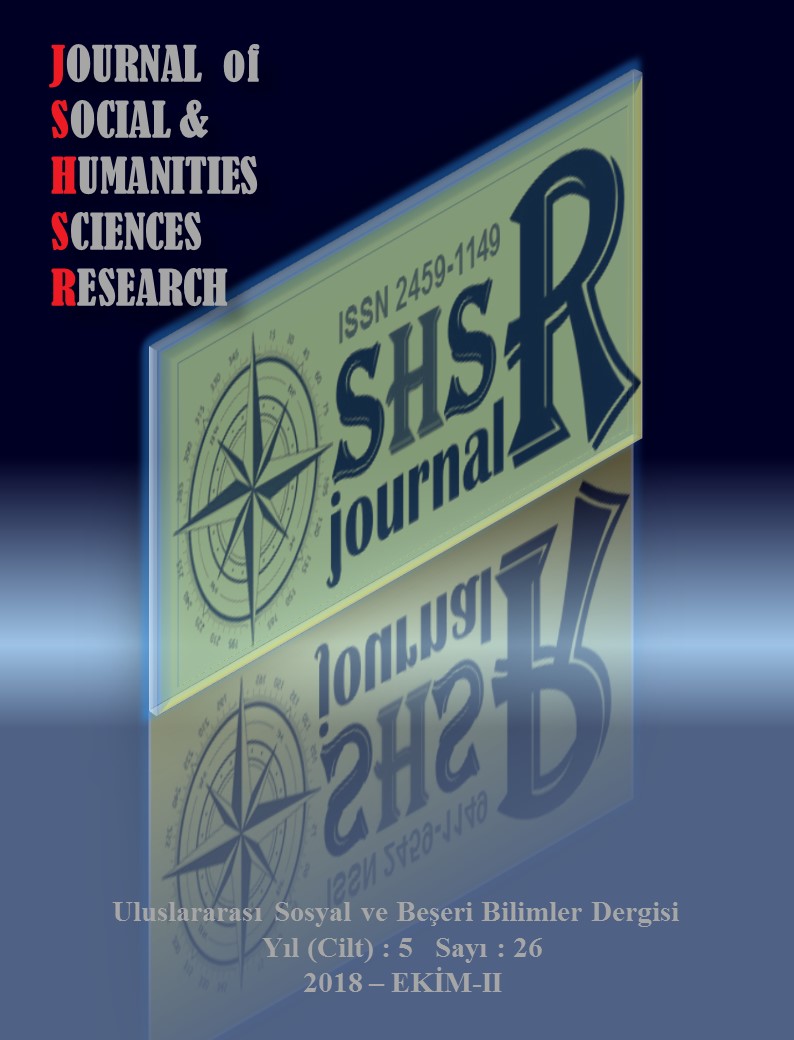COOKING CANDIDATES DETERMINATION OF FOOD SAFETY BASIC KNOWLEDGE LEVELS (KONYA EXAMPLE)
DOI:
https://doi.org/10.26450/jshsr.640Keywords:
Cook, Hygiene, Kitchen, SanitationAbstract
In this study, it was aimed to investigate the knowledge levels, attitudes and behaviors of the culinary trainees in Konya province center and its districts regarding food safety. Compiled data were analyzed and interpreted using descriptive statistics and statistical tests. According to educational status, it was determined that the results of the answers given by the trainees to the general information questions about food safety differ only in 3 questions. When the distribution of the answers given to the questions of hygiene about the food safety according to the educational status of the students is examined, it is seen that there is no difference in the question of how to control the taste of food only. In the same category, it was seen that there was a significant difference in other questions. When the distribution of the answers given to the questionnaires on the question of food safety regarding the food safety was examined, it was determined that there was a significant difference in all the questions according to the educational situation. It was observed that there was a considerable difference in the distribution of the answers given by the students to the information questions about cooking safety according to the education status. It was seen that the result of these results was that the rate of responding correctly to the questions was high especially for the individuals with high education level. It has been determined that the level of hygiene knowledge decreases as education level decreases. These results can be reported as a significant difference in the hygiene knowledge level of the education situation in the light
Downloads
Published
How to Cite
Issue
Section
License
Copyright (c) 2018 INTERNATIONAL JOURNAL OF SOCIAL HUMANITIES SCIENCES RESEARCH

This work is licensed under a Creative Commons Attribution 4.0 International License.


